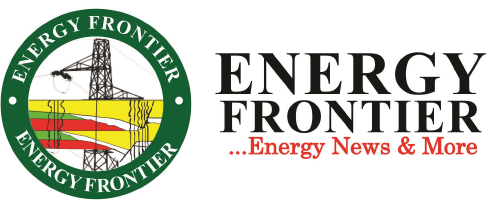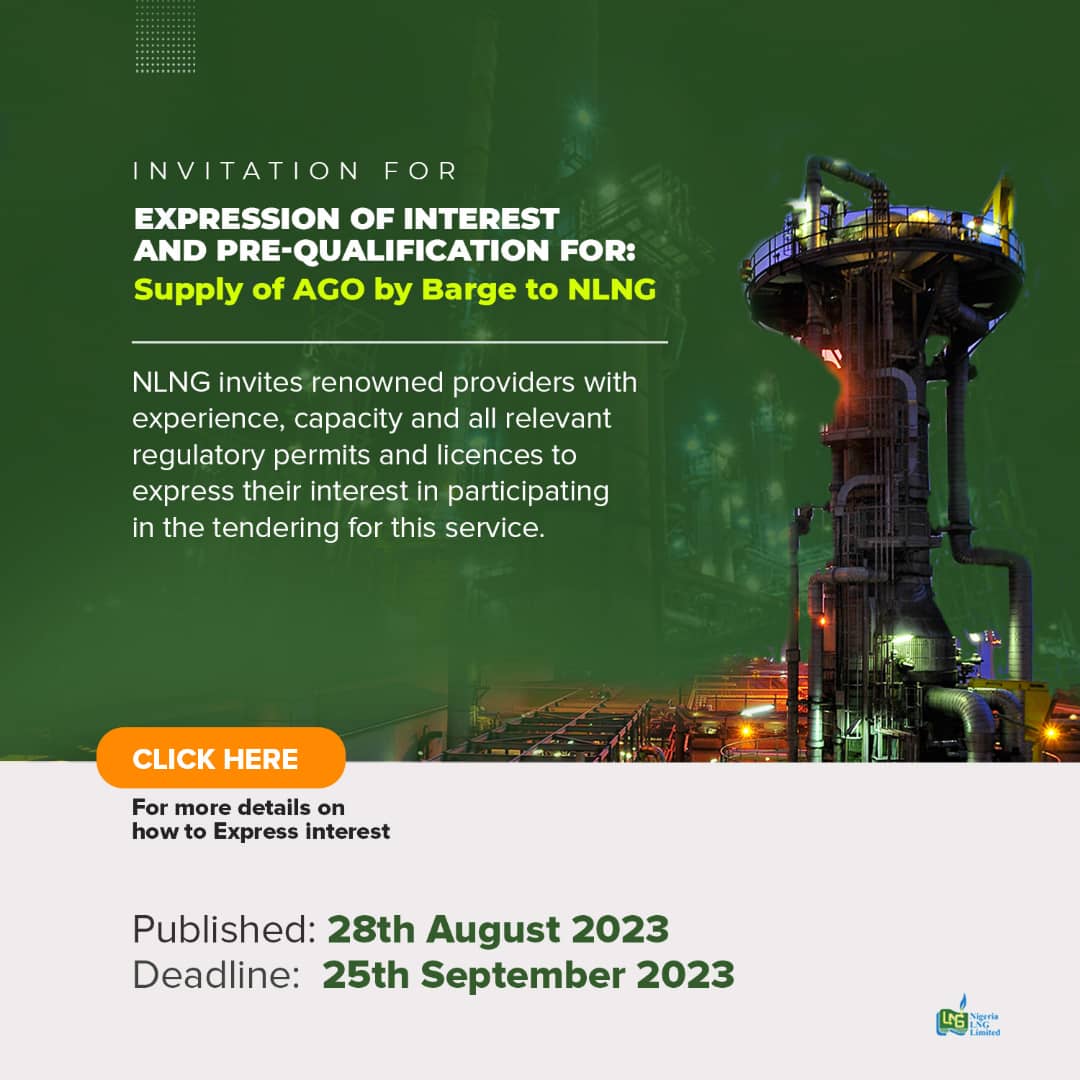Kyari
…Oando denies Importing off Spec Petrol
The Nigerian National Petroleum Company, NNPC, Limited has vowed to sanction four oil companies involved in the importation of offspec petrol in the country.
This as the Corporation reassured Nigerians of its capacity to restore sanity in the supply and distribution of quality Premium Motor Spirit, PMS, also known as petrol across the country within a short period.
The Chief Executive Officer/ Group Managing Director of NNPC, Mele Kyari made the pledge at the end of a meeting with some oil marketers to resolve the issues generated by the recent supply and discharge of methanol blended petrol in some Nigerian depots.
Kyari emphasized that defaulting suppliers have been put on notice for remedial actions and NNPC is working with the Nigerian Midstream and Downstream Regulatory Authority (NMDRA) to take necessary actions in line with subsisting regulations.
Providing a graphic chronicle of the unfortunate incident, the NNPC CEO said that on 20th January 2022,the company received a report from its quality inspector on the presence of emulsion particles in PMS cargoes shipped to Nigeria from Antwerp-Belgium.
He explained that NNPC investigation revealed the presence of Methanol in four PMS cargoes imported by MRS, Emadeb/Hyde/AY Maikifi/Brittania-U Consortium, Oando and Duke Oil under the Direct-Sale-Direct-Purchase (DSDP).
He noted that cargoes quality certificates issued at loadport (Antwerp-Belgium) by AmSpec Belgium indicated that the gasoline complied with Nigerian Specification.
“The NNPC quality inspectors including GMO, SGS, GeoChem and G&G conducted tests before discharge also showed that the gasoline met Nigerian specification,’’ he said.
Kyari noted that as a standard practice for all PMS import to Nigeria, the said cargoes were equally certified by inspection agent appointed by the NMDRA.
“It is important to note that the usual quality inspection protocol employed in both the load port in Belgium and our discharge ports in Nigeria do not include the test for Percent methanol content and therefore the additive was not detected by our quality inspectors’’ he stated .
However, in order to prevent the distribution of the petrol, the NNPC CEO said the company promptly ordered the quarantine of all un-evacuated volumes and the holding back of all the affected products in transit (both truck & marine).

Reacting to this allegation, Oando Plc, denied importing adulterated and substandard petrol into the country
A statement by the Company Secretary, Ayotola Jagun and the Head, Corporate Communications, Alero Balogun, said, “Following media reports listing Oando as one of four importers that supplied methanol-blended Premium Motor Spirits, PMS, into the country, we hereby state that Oando did not import and supply PMS that was adulterated or substandard.”
According to them, The PMS supplied by Oando met Nigeria’s import specification. “We are committed to working assiduously with the NNPC and industry to identify the root cause(s) of the subsequent contamination of the PMS supplied.
“We want to assure the public that Oando as a responsible corporate citizen would not partake in the importation, distribution, or marketing of substandard petroleum products.” the statement read.
However, the Corporation reassured Nigerians of its capacity to restore sanity in the supply and distribution of quality Premium Motor Spirit, PMS, also known as petrol across the country within a short period.
Also, the Corporation, has halted distribution of over 100 million liters of off-specification petrol industry officials said February 9.
NNPC Ltd. is intensifying efforts to increase supply of its petrol imports, urging some trading houses to urgently secure prompt supplies, they said.
A Premium Motor Spirit, PMS, cargo that discharged petrol into Nigeria late last month was labeled off-spec for high methanol content, officials told S&P Global Platts.
Nigerian fuel marketer MRS Oil said February 9 that the contaminated gasoline it received had originated from a cargo supplied by Litasco, the trading arm of Russia’s Lukoil.
A representative at Litasco was unavailable for immediate comment.
Nigeria imports around 1 million-1.25 million mt/month of gasoline to meet all of its national demand, estimated at 53 million liters/d.
In a statement, the Nigerian Midstream and Downstream Petroleum Regulatory Authority, confirmed that “limited quantities for petrol with methanol quantities above Nigeria’s specification were discovered in the supply chain.” NMDPRA said the supplier of the off-spec product had been identified and further commercial and appropriate action would be taken, but it did not name the trading house.
“The product has been isolated and withdrawn from the market including loaded trucks in transit,” it said.
Methanol can be regular additive in gasoline, usually blended in very small quantities.
The affected cargo was imported under the country’s direct sale and direct purchase scheme and was received last week at a major reception terminal offshore Lagos operated by major fuel marketers for onward distribution across the country.
MRS Oil Nigeria, one of the companies involved in the DSDP, said it had received 5,000 mt of the contaminated gasoline, which had a 20 per cent methanol content.
In a statement on February 9, MRS said the consignment of gasoline had originated from the vessel Nord Gainer, which was supplied by Litasco, the trading arm of Russia’s Lukoil. MRS said four other companies had also received this product in different quantities.
The Nord Gainer discharged around 45,000 mt of gasoline in Lagos over Jan. 24-30 from a cargo that loaded from Antwerp on Jan. 2, according to data from Platts below trade-flow analytics software.
NNPC is currently the only sole importer of gasoline, through its trading arm Duke Oil, because of the current subsidy regime. This product is then supplied to many retail fuel companies like MRS Oil. Private marketers have been reluctant to directly import gasoline on the grounds that the pump price is regulated and therefore they won’t be able to recover their costs.
“MRS had a total of 350,000 litres in tank at the eight stations; we await approval from NNPC and NMDPRA for the return of the product,” MRS Oil said. “The eight stations have been isolated, but there are other tanks within the stations that will receive uncontaminated product for sale as soon as possible.”
Marketers that had already taken delivery of the fuel include the local subsidiary of TotalEnergies and several other indigenous companies, which have had to shut down operations, leading to gasoline shortages.
“We have had to close down our outlets because of this contaminated fuel,” an official of TotalEnergies said. “Motorists have reported damages to their cars.”
Motorists formed long queues at gas stations in Nigeria’s federal capital Abuja and the country’s commercial capital Lagos.
Nigeria has struggled for years to address the vehicle pollution crisis due to the poor quality of fuels it was importing.
Despite being Africa’s largest oil producer, Nigeria imports almost all the gasoline it consumes locally, due to the poor performance of the four state-owned refineries.
The plants, with a combined nameplate capacity of 445,000 b/d, have been shut for repairs for many years, and the government is currently working on overhauling them.





















